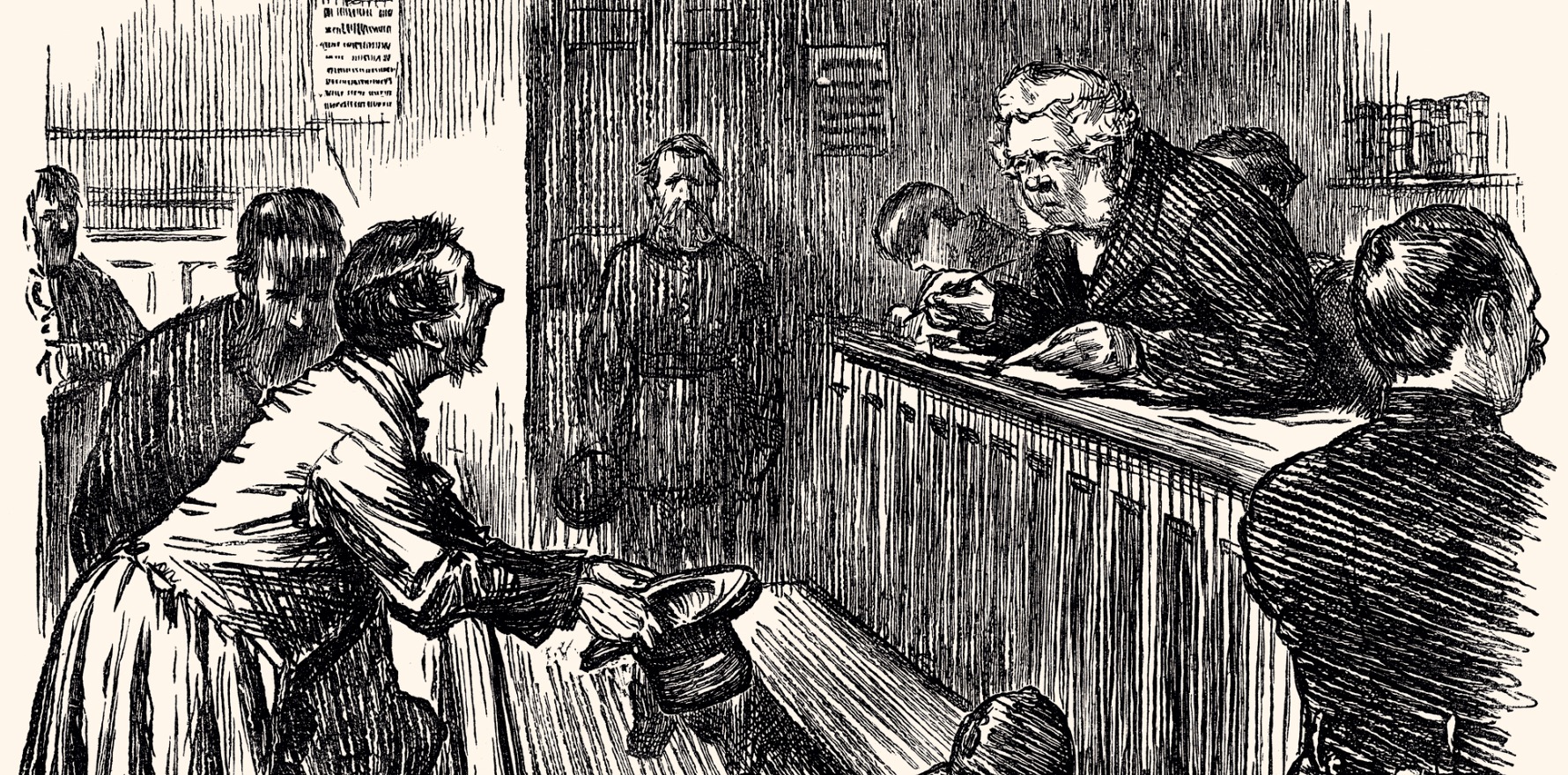An appeal has been rejected, but practices can make sure they don’t fall foul of the same laws.
A practice at the centre of a payroll tax case has lost its appeal against a tribunal finding, sounding the alarm for practices relying on the “contractor” status of doctors.
Dr Jawahar Thomas, who runs four practices in Western Sydney, went to the NSW Civil and Administrative Tribunal after being found liable in 2018 for $800,000 in back taxes, in a case now known as Thomas and Naaz.
Last September the tribunal found against him, holding that even though the doctors at his practices purported to be co-located sole traders, their payments fell under a “relevant contract” that was subject to state payroll tax.
At the heart of this decision were banking arrangements – all Medicare fees due to the bulk-billing doctors went to the practice’s account, from which it paid them minus their 30% practice fees, two weeks in arrears – and obligations upon the doctors such as not working for other practices, following a shift roster, giving notice of holidays and not working within a 5km exclusion zone for two years should they leave the clinic.
Dr Thomas appealed the tribunal’s decision on a number of grounds, including that it should not have found the doctors’ payments to be wages; that it should not have found doctors provided services to the practice, but only to patients; that its contracts were not “relevant” under payroll tax law; and that the tribunal failed to follow the precedent of Homefront Nursing, which was not finally determined to owe payroll tax.
This week the tribunal rejected the appeal on all these grounds – the last of them chiefly because tribunals are not bound to follow precedents.
The Optical Superstore case in Victora, which bubbled away for much of the previous decade, turns out to have been the precedent to watch.
Specialist medical practice accountant David Dahm told The Medical Republic that this case meant that doctors being “contractors” was not enough to get a practice out of the payroll tax net.
“This is not an employee-versus-contractor test. This is what is catching people out.
“The real question is: are you paying doctors out of the same back account you’re paying the receptionist from? If so, you’re triggering Section 32 of the [Payroll Tax] Act, which deals with relevant contracts – and guess what, now we’re going to now look at your contracts, to see whether they have provisions such as a restraint of trade, complying with rosters, giving notice of holidays and that kind of thing,” Mr Dahm said.
“What they’re saying is that the the doctor is actually a supplier to the practice, not a supplier to the patient only. That’s what is so scary about this one that was different to the others, and that got ratified.”
Mr Dahm said while practices set up the same way needed to take notice, they also needed not to panic.
“You can fix this, it’s not the end of the world,” he said.
“It’s like cutting out a skin lesion – it’s not a do-it-yourself job. Everybody thinks this is a simple issue, and it’s not: you need to get appropriate legal and accounting advice and those lawyers and accountants need to be actually experienced in this stuff. Big four accounting firms and big law firms have got this wrong, because there’s 14 areas of law they need to cover to write their contract properly.
“The worst part of this story is that this was probably totally avoidable.”







